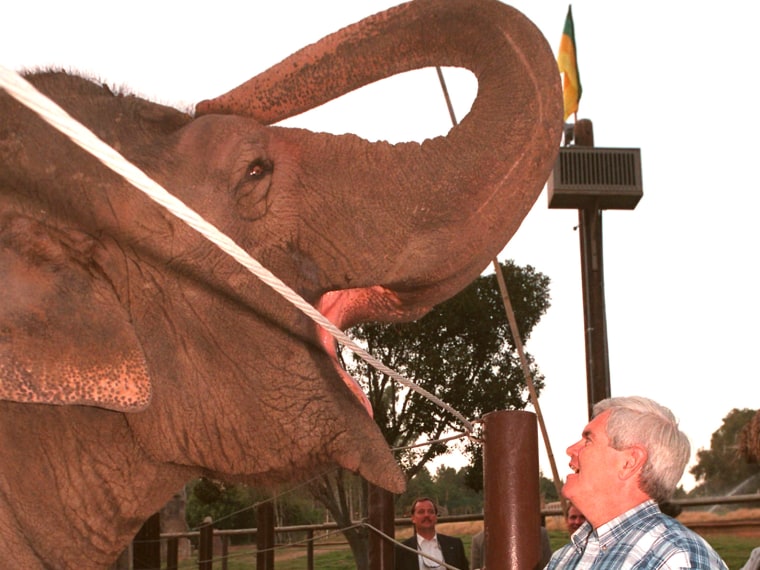With the clock ticking, both political parties are blaming one another for the $1.2 trillion in automatic spending cuts that will start kicking in on March 1. However, with Congress not returning from recess until Monday, it is clear we are in danger of hitting the deadline--so what is going to happen?
On March 1, $85.3 billion will be automatically trimmed from the federal government's 2013 budget and after that the problem will snowball until the country hits the debt ceiling come May, at which point we will need to start defaulting on our loans. For a full list of the Sequester cuts you can go here--some of the cuts may surprise you.
The sequester could affect the country's meat industry with fewer food safety inspectors from the USDA. In a letter to the American Meat Institute, Agriculture Secretary Tom Vilsack wrote, "unfortunately, unless Congress acts to prevent sequestration, FSIS will have no choice but to furlough its employees in order stay within the budget Congress has given it.” The White House estimates that there will be 2,100 fewer inspections at domestic and foreign facilities that make food products “putting families at risk and costing billions in lost food production.”
National Parks
The 398 National Parks, monuments, and historic sights will suffer a lose of approximately $110 million in budget cuts if the sequester hits. A reduction of visitors, hours of operation, shortening of the seasons, and closing of areas due to insufficient staffing could prove devastating.
One way park officials are looking to off-set costs is by having a delayed opening at Yellowstone to save on late snow plowing. And the ever so popular Cherry Blossom Festival at the National Mall could have a depleted staff and resources because of the lack of money. The parks that would suffer from the largest cuts had almost 76 million visitors in 2012.
The National Zoo
The sequester could potentially impact even the most ardent animal enthusiasts (looking at you, Newt Gingrich). The National Zoo is preparing for a 5% budget cut which amounts to $40 million if the cuts aren't restored by September. Dennis Kelly, Director of The National Zoo said, “We will never compromise on human safety, and we’ll never compromise animal welfare."
The federally funded zoo sees more than two million visitors a year, but will have to make some tough choices--hopefully ones that won't come down to choosing what exhibit they are forced to shut down. They are getting ready to be at the bare essentials in hopes of keeping all of the animals at the zoo because as Dennis Kelly said about the exhibits, "Those collections are big and stable and took years to build. If, God forbid, we have to shut down lions and tigers, it would take more than a year to find homes for them. And then if the money was found, it would probably take three years to start it up again.”
First the Federal Aviation Administration's budget will be slashed by $600 million, which means about 47,000 FAA employees will be out of work. So not only are people going to be out of a job but it could also mean fewer flights and longer lines at security checkpoints. On Tuesday, President Obama even warned of this when he said “Air traffic controllers and airport security will see cutbacks, which means more delays at airports across the country,”
Cybersecurity
With fewer contracted cyber-security workers at the government level we are leaving our government, and ultimately everyone's, computer at risk. According to Department of Homeland Security Secretary Janet Napolitano wrote: "Reductions in funding for operations, maintenance and analytical contracts supporting the National Cybersecurity Protection System (NCPS) would impact our ability to detect and analyze emerging cyber threats and protect civilian federal computer networks."
Passports
We all complain now that it takes forever to get a passport or foreign visas. Well, when the sequester hits expect it to take twice as long as processing anything in a timely manner probably won't happen.
Disasters
What if another disaster were to strike? FEMA would likely need to endure cutbacks as well. According to the White House, “FEMA would need to reduce funding for state and local grants that support firefighter positions and state and local emergency management personnel, hampering our ability to respond to natural disasters like Hurricane Sandy and other emergencies.”
